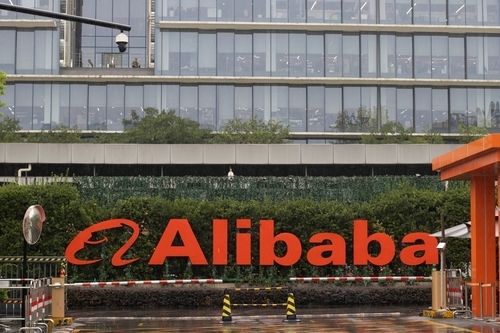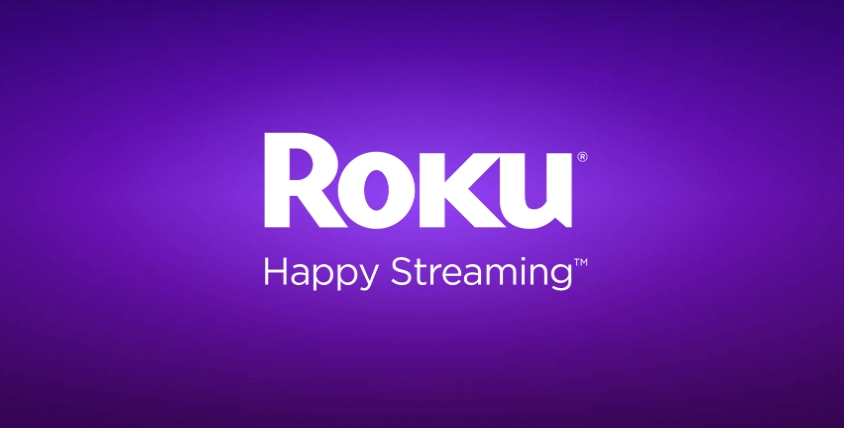Alibaba's AI-Driven Cloud Surge: How AI Revenue Became the Growth Engine

Key Points
- AI-related sales now account for more than 20% of Alibaba Cloud’s revenue.
- AI workloads bring higher margins and stickier customer relationships.
- Alibaba’s competitive positioning remain strong in its key markets.
- 10 stocks we like better than Alibaba Group ›
Alibaba Group (NYSE: BABA) has been through a rocky few years. The company faced regulatory crackdowns, intensifying competition in Chinese e-commerce, and slowing macroeconomic growth at home. Its stock fell from grace, leaving long-term investors questioning whether China's once-dominant tech champion had lost its edge.
But Alibaba's latest results suggest a turning point. While e-commerce remains its core, the company's cloud business -- particularly artificial intelligence (AI) services -- is emerging as the new growth engine. If the trend continues, it could reshape how investors view Alibaba's long-term potential.
Where to invest $1,000 right now? Our analyst team just revealed what they believe are the 10 best stocks to buy right now. Learn More »

Image source: Getty Images.
A reset after years of headwinds
Launched in 2009, Alibaba Cloud grew into China's largest provider, with roughly one-third market share, ahead of Huawei and Tencent Cloud. Recently, however, investors have been frustrated that the segment struggles to sustain its growth trajectory.
That narrative is changing. In its fiscal 2026's first quarter (ended June 2025), Alibaba's cloud soared 26% year over year to RMB 33.4 billion (approximately $4.7 billion), outpacing the overall company's like-for-like revenue growth of 10%. Management further highlighted that AI-related revenue surged at a triple-digit rate, marking the eighth consecutive quarter of triple-digit growth rates, and now accounts for 20% of cloud external revenue.
These numbers suggest that Alibaba Cloud is no longer just a commodity provider of computing power but a value-added AI provider, opening up new ways to monetize its years of investments in enterprise-grade AI models, infrastructure, and applications.
Why AI matters for Alibaba Cloud
AI workloads are far more compute-intensive than traditional cloud tasks, driving higher revenue per customer. Alibaba has invested heavily in its own AI large language model (LLM), Tongyi Qianwen, which powers customer service, office productivity, and e-commerce analytics.
The company also supplies AI infrastructure to enterprises in finance, logistics, and manufacturing. As companies in these industries implement and scale AI in their operations, they will naturally lean on Alibaba to provide the underlying model and computing infrastructure.
The result for Alibaba is better margins and stickier customers. The former comes from the pricing power and higher profitability of AI services, while the latter reflects the high switching costs once companies integrate AI into their workflows. This combination could finally transform Alibaba Cloud from just a scale story into a growth-plus-profit story.
Alibaba's competitive positioning
For Alibaba Cloud to sustain its long-term trajectory, it must continue to strengthen its competitive position. Bears will point to challenges: Huawei Cloud's rapid rise in China, Tencent's strength in gaming and media, and the global dominance of AWS and Microsoft Azure. These are real headwinds. But they shouldn't overshadow Alibaba's strategic advantages:
- Scale leadership in China: Alibaba remains the default provider for millions of domestic enterprises, especially those embedded in its digital ecosystem. Scale gives it cost efficiency and specialization, which in turn translates into attractive value for customers.
- Open-source AI model adoption: Its large language model, Tongyi Qianwen, is already being used by overseas developers to build AI applications. This positions Alibaba to create an AI ecosystem that stretches beyond China's borders.
- Synergies across its ecosystem: Alibaba owns a diversified portfolio of businesses, offering natural testbeds for its AI tools. From Cainiao Logistics to DingTalk, the company can deploy AI internally, refine solutions, and then commercialize them for external clients.
These strengths mean Alibaba is not just chasing the AI trend -- it's embedding AI into the foundation of its business model.
What does it mean for investors?
Alibaba is far from risk-free. Its commerce business remains under pressure from competition in quick commerce, and China's regulatory landscape can change quickly. But the latest results highlight progress where it matters most: cloud computing, powered by AI.
The cloud's 26% revenue surge, driven by triple-digit AI demand, signals that Alibaba is entering a new phase. For long-term investors, this could mark the moment when Alibaba evolves from a bruised e-commerce leader into a technology platform built for the AI era.
If the company can continue scaling AI profitably, Alibaba may eventually regain its previous glory as a growth stock.
Should you invest $1,000 in Alibaba Group right now?
Before you buy stock in Alibaba Group, consider this:
The Motley Fool Stock Advisor analyst team just identified what they believe are the 10 best stocks for investors to buy now… and Alibaba Group wasn’t one of them. The 10 stocks that made the cut could produce monster returns in the coming years.
Consider when Netflix made this list on December 17, 2004... if you invested $1,000 at the time of our recommendation, you’d have $670,781!* Or when Nvidia made this list on April 15, 2005... if you invested $1,000 at the time of our recommendation, you’d have $1,023,752!*
Now, it’s worth noting Stock Advisor’s total average return is 1,052% — a market-crushing outperformance compared to 185% for the S&P 500. Don’t miss out on the latest top 10 list, available when you join Stock Advisor.
*Stock Advisor returns as of August 25, 2025
Lawrence Nga has positions in Alibaba Group. The Motley Fool has positions in and recommends Microsoft and Tencent. The Motley Fool recommends Alibaba Group and recommends the following options: long January 2026 $395 calls on Microsoft and short January 2026 $405 calls on Microsoft. The Motley Fool has a disclosure policy.








